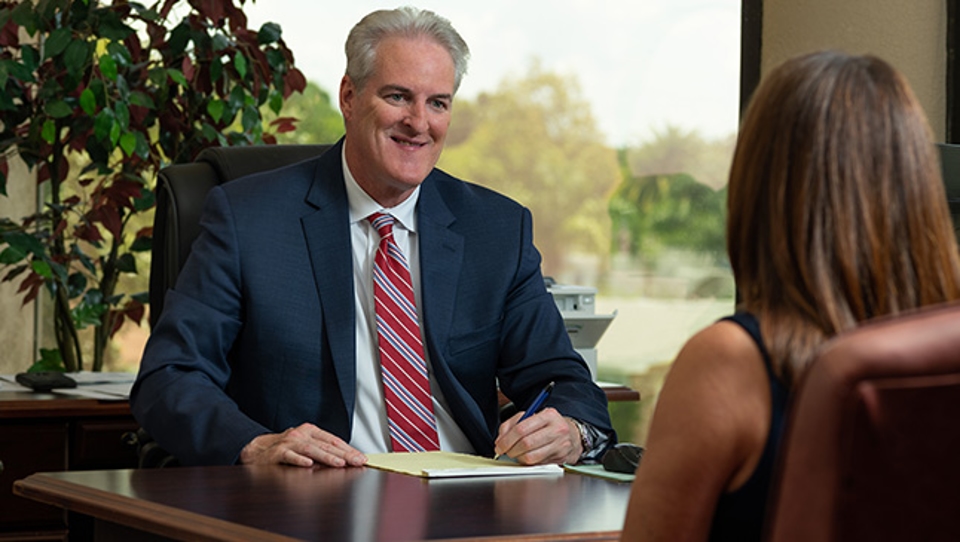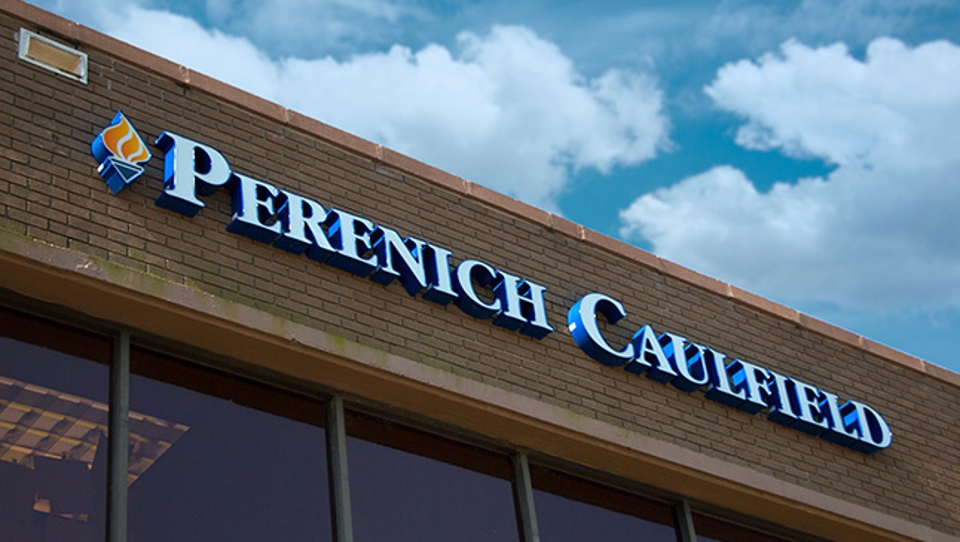Understanding Florida state driving laws and the rules of the road in Clearwater doesn’t just prevent you from getting a traffic ticket. Knowing what the right of way means and when to yield it can help prevent your involvement in an accident, too. In fact, failure to yield is one of the most common causes of accidents in Florida.
What Does Yielding the Right of Way Mean in Florida?
Yielding the right of way means knowing when you can keep going and when you need to slow down or stop for other vehicles on the road. Failure to yield essentially means just that – proceeding on and potentially causing an accident.
Establishing fault in an accident often includes determining who caused it and which vehicle had the right of way. Whether it’s two passenger vehicles, a commercial truck, a cyclist, or a highway accident, knowing when to yield keeps Clearwater roadways safer.
How Do I Know When to Yield the Right of Way?
Each type of road and intersection has its own regulations for the right of way, from a T-stop in a suburban neighborhood to controlled intersections with a stop sign or traffic light indicating who goes when.
Florida traffic laws cover just about every instance of right of way. Some are fairly easy, such as controlled intersections, while uncontrolled intersections and merge lanes are trickier.
If there isn’t a stop sign or light at an intersection, stop and wait for the cars already there to go. If you arrive at the intersection at the same time as another vehicle, including a cyclist, then the person on the right goes first.
Merging is a little trickier. Whether it’s moving from a single-lane road to a multi-lane one or if it’s an instance where lanes converge into a smaller road, the drivers in the smaller-lane road will yield to those on the multi-lane road.
Exiting a highway onto an access road is different, however, in which case you have the right of way. Cars on the access road must yield to vehicles exiting a highway.
The exception to right-of-way rules is pedestrians. Those in a crosswalk always have the right of way, as do pedestrians with a guide dog or white cane. Even if there isn’t a defined crosswalk, pedestrians may walk in front of cars, such as when going into a store. Don’t assume they will wait for you to drive defensively; always stop for pedestrians.
Defensive Driving and Yielding
Even if you know all of the Florida driving statutes, that doesn’t mean that others on the road will. Defensive driving is your best course of action to avoid a collision. Other drivers may not be paying attention and keep going, or someone may be trying to beat a red light and fail to yield to the guided intersection.
Don’t risk an accident if it appears as though another driver isn’t properly yielding when you have the right of way.
What Happens If the Right of Way Isn’t Clear?
If you aren’t sure whether you have the right of way or not, such as at a T-intersection or one where not every direction has a stop sign or yield sign, it’s always better to slow down and assess the situation.
If cars traveling in the other direction have stop or yield signs and you do not, then it’s safe to assume that your direction of traffic has the right of way.
If you’re involved in an accident, calling the police is important. Their accident report will likely establish who caused the accident by failing to yield, which is vital if you seek a personal injury claim.
Contact the Clearwater Car Accident Lawyers At Perenich, Caulfield, Avril & Noyes Personal Injury Lawyers for Help
For more information, please contact the Clearwater and St. Petersburg car accident law firm of Perenich, Caulfield, Avril & Noyes Personal Injury Lawyers at the nearest location to schedule a free consultation today.
We serve Pinellas County and its surrounding areas:
Perenich, Caulfield, Avril & Noyes Personal Injury Lawyers – Clearwater
1875 N Belcher Rd. STE 201,
Clearwater, FL 33765
(727) 591-3354
Perenich, Caulfield, Avril & Noyes Personal Injury Lawyers – St. Petersburg
2560 1st Ave S,
St. Petersburg, FL 33712
(727) 591-3354
The post What Does Yielding the Right of Way Mean? appeared first on Perenich, Caulfield, Avril & Noyes Personal Injury Lawyers.





